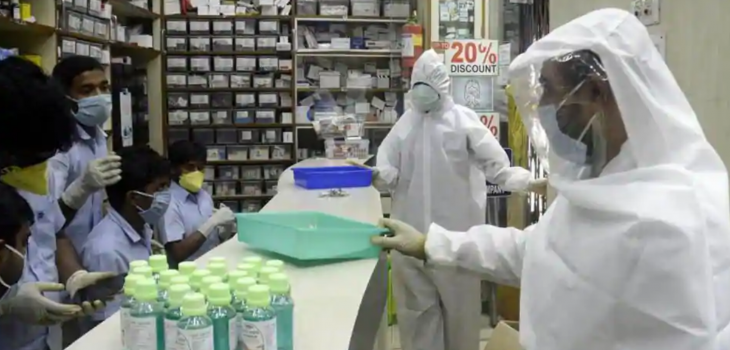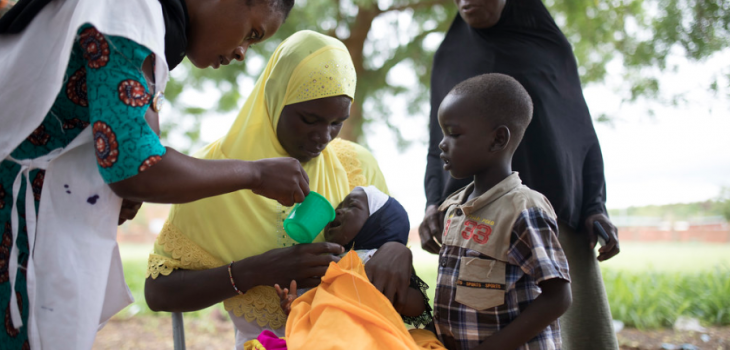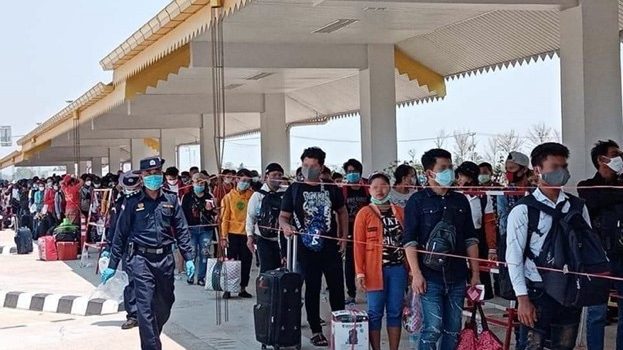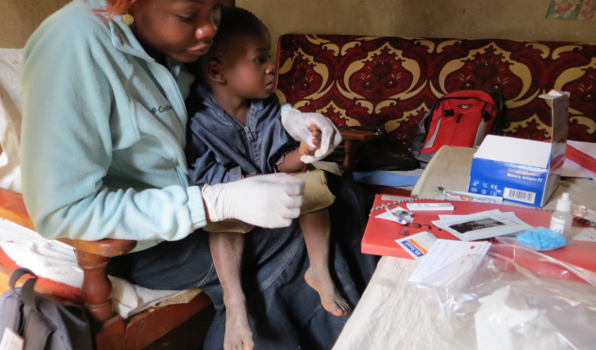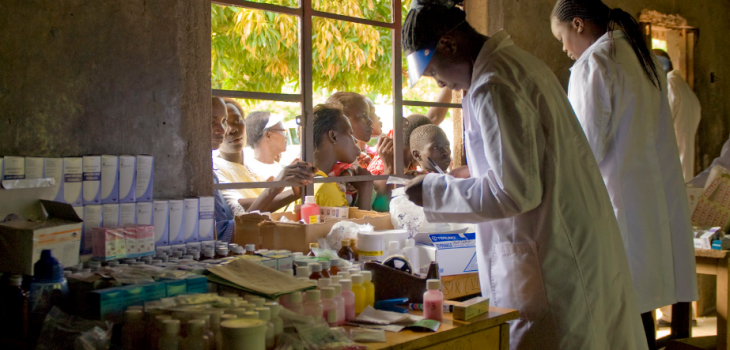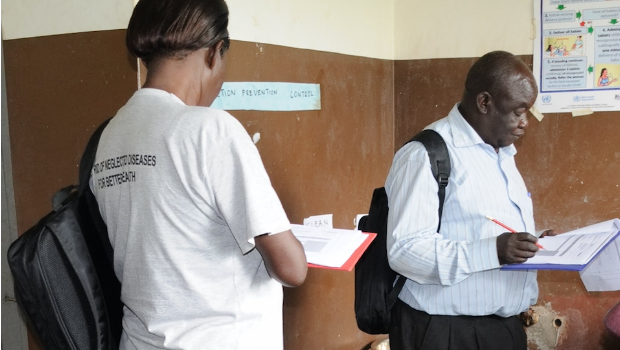By Priya Balasubramaniam (Public Health Foundation of India & Centre for Sustainable Health Innovations), Birger C. Forsberg (Karolinska Institutet), Gerald Bloom (Institute of Development Studies), Phyllis Awor (Makerere University School of Public Health), Meenakshi Gautham, London School of Hygiene and Tropical Medicine), Desta, Lakew (Amref Health Africa) & Uranchimeg Tsevelvaanchig…











